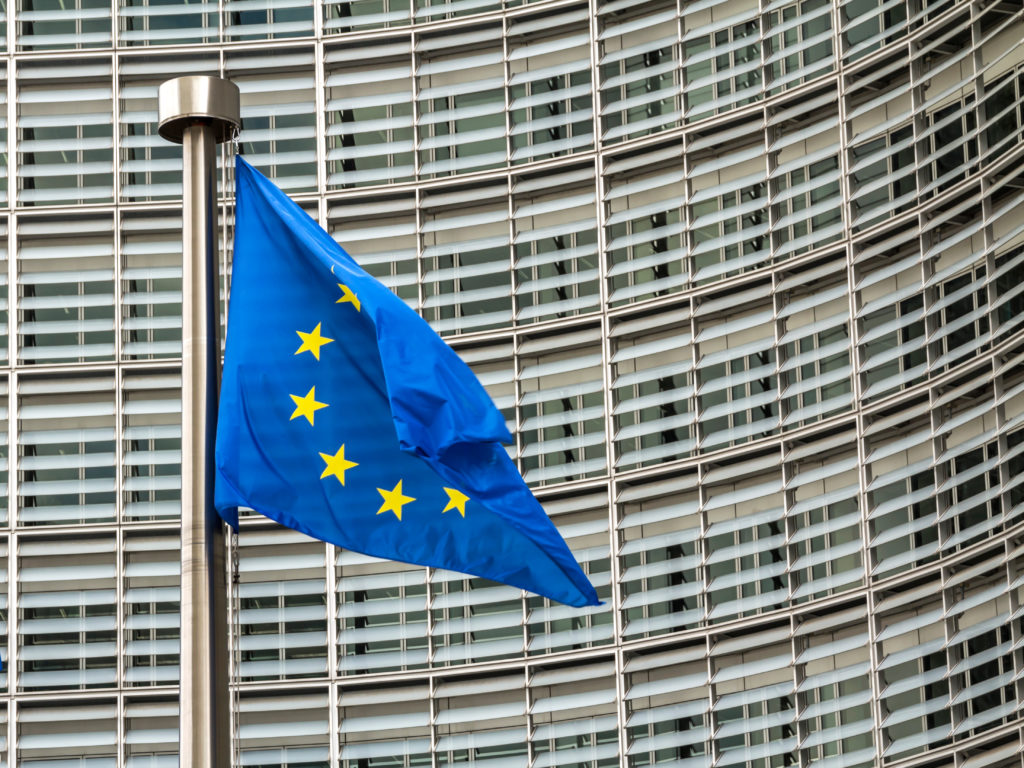
Minister of State for Security, James Brokenshire, announced in a written statement to Parliament on Monday 15 June that the UK will begin exchanging the DNA data of those suspected, but not convicted, of a crime, with EU member states. DNA data of those convicted of a crime has been shared as part of the ‘Prüm’ arrangement since July 2019, but until this announcement, the UK had resisted pressure to share suspects’ data.
The Prüm arrangement, named after the German town where it was agreed in 2005, allows for the exchange of fingerprints, DNA and car registration number plates of criminal suspects between the signatory states. The EU warned the UK last year that the inequity of UK’s failure to share equivalent data could result in its access to EU countries’ data being halted.
Addressing concerns as to the safeguards in place and the privacy and data protection implications of the move, the UK Minister stated that the Government conducted a balancing exercise, weighing the public protection benefits against concerns that UK citizens could be caught up wrongly in overseas investigations, and concluded that the benefits to public safety outweigh such risks. The Government claimed that it is confident that the protections in place in England and Wales in respect of the retention of biometric data and the safeguards within Prüm are robust.
Tags: Data sharing, Mutual legal assistance Categories: EU, United Kingdom



Recent Comments